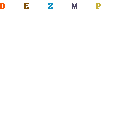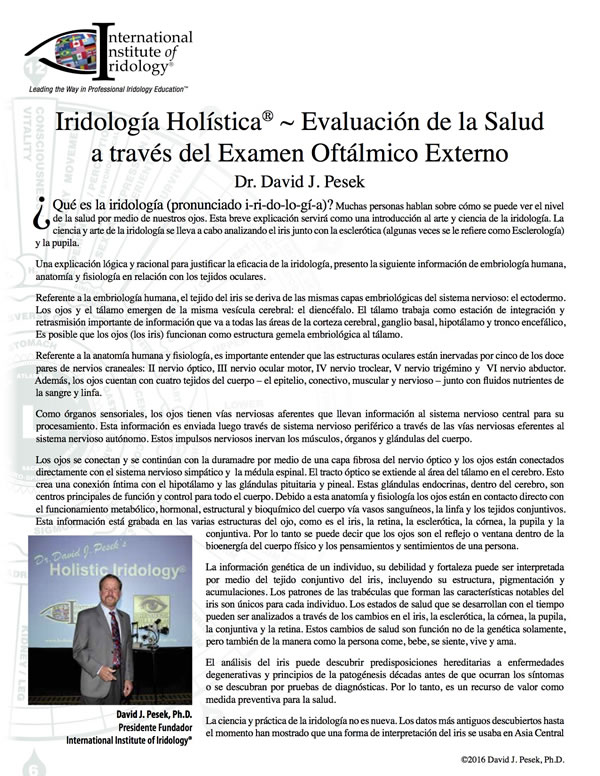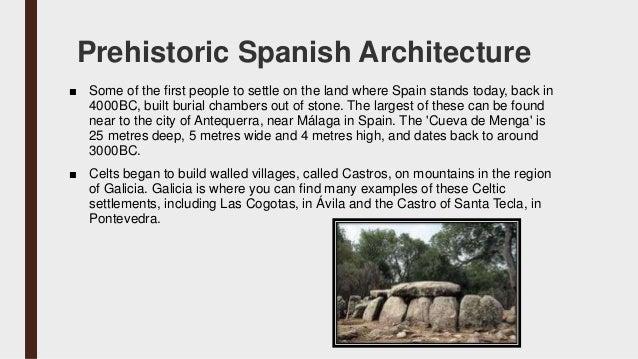
In addition to departmental opportunities, there are also Study Abroad programs led by our faculty that might provide other means of TA support. Even with this waiver, ASE’s are responsible for paying other tuition-related fees each quarter, usually costing a few hundred dollars.

For 2017-2018, in-state graduate tuition is $5,069 per quarter, non-resident is $9,085. Teaching Assistantships also include a waiver of the Tier 1 graduate tuition. These positions pay $23,850 for the 2017-2018 academic year and are expected to be similar in 2018-2019. These Academic Student Employee positions are covered under a union contract. Graduate students in the Department of Spanish & Portuguese Studies may be awarded Teaching Assistantships an entire academic year. The Department of Spanish and Portuguese Studies is the home of the Center for Spanish Studies, a cooperative initiative of the Embassy of Spain and the State of Washington, that provides support to teachers and students of Spanish. The University's many theaters, concert halls, galleries, language-learning and media centers, broadcasting stations, and satellite reception facility, are also used by students and faculty in research, instruction, and performance projects. The latter provides high-level expertise (including optical scanning, database, and programing support) for the University's humanities departments. The University's exceptional support facilities include the generously endowed Simpson Center for the Humanities, and the Center for Advanced Research Technology in the Arts and Humanities. The University of Washington Library system, exceeding 5,000,000 cataloged volumes and more than 50,000 serials, ranks high among the acclaimed American academic research libraries. The nearby Cascade and Olympic mountain ranges, the state's abundant lakes and rivers, the waters of Puget Sound and the Pacific Ocean, as well as the area's productive vineyards, orchards, crop lands, and forests, offer Seattle residents unsurpassed natural beauty and a rich variety of recreational opportunities. Seattle enjoys a mild climate year-round and is one of the nation's most beautiful, cosmopolitan, and liveable cities. The city hosts a renowned International Film Festival and boasts a lively film, theater, book and café culture.
Overview in spanish professional#
The city's metropolitan population of 3,500,000 (700,000 in Seattle) supports vibrant cultural, educational and recreational institutions, including flourishing opera, symphony, ballet, and professional theater groups, and major-league sports teams. We invite you to consult for additional information about the University of Washington.

With a student enrollment of 35,000 and a faculty of 3,500, the University has achieved an outstanding, international reputation for its diverse academic programs and distinguished faculty, its notable and varied research contributions, and its broad range of public services. The University's beautiful 700-acre park-like campus borders two lakes in a residential section of Seattle, three miles from the city center. Universityįounded in 1861, the University of Washington is the oldest state-assisted institution of higher education on the Pacific coast. Many of our MA students go on to pursue doctoral studies in a variety of fields. Some graduates of our MA Program pursue careers in teaching at the secondary and community college levels, while others use their Spanish skills in business, politics and translation. The degree is earned normally in six academic quarters.

Study of Portuguese and other Romance literatures and cultures, Comparative Literature, Romance and Spanish Linguistics, and other related disciplines may be included in the Master's Degree program. The program gives careful attention to acquainting students with the traditions of scholarship in our field as well as a range of current textual theory, criticism and research methods.

Our program devotes increased attention to the rich diversity of Hispanic cultural texts and to their interdisciplinary study while also promoting broad understanding of Spanish and Latin American literature. We revised our MA degree in Hispanic Literary and Cultural Studies in 2001 to foster study of Hispanic culture, literature, and language together.


 0 kommentar(er)
0 kommentar(er)
